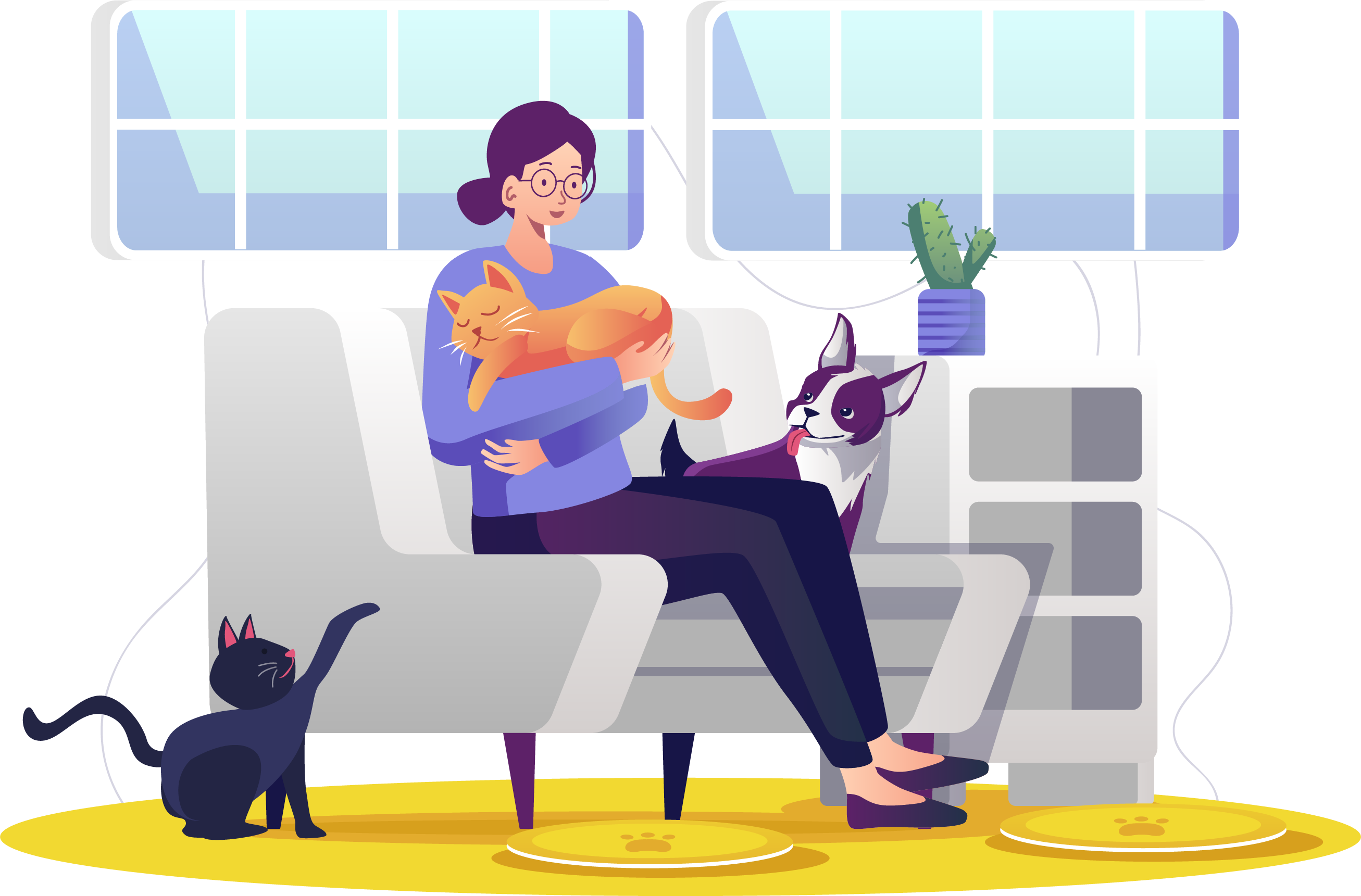Adopting a senior pet can be incredibly rewarding, but it’s important to be aware of the potential costs and responsibilities involved.
Senior pets often face more challenges in finding homes compared to their younger counterparts. This is partly due to potential adopters being concerned about the higher medical costs and shorter remaining lifespan of older animals. However, many organizations actively encourage the adoption of senior pets due to their calm demeanor, known behavior patterns, and the profound bonds they form with their owners.
For example, specialized groups like Old Dog Haven focus on finding homes for senior dogs, highlighting the benefits and needs specific to older pets. In 2023, Old Dog Haven had 81 senior dogs adopted, reflecting a dedicated effort to find loving homes for older animals (Old Dog Haven).
Adoption rates for senior pets are improving, but there’s still a significant number of these animals waiting for their forever homes. Organizations such as the ASPCA and Shelter Animals Count work diligently to promote the adoption of senior pets and provide resources to support their care (ASPCA) (Shelter Animals Count). By adopting a senior pet, you not only provide a loving home to an animal in need but also gain a grateful and affectionate companion. For more information on adopting senior pets and to search for available animals, you can visit websites like Adopt a Pet.
Costs and Considerations:
Initial Costs
- Adoption Fees: Senior pets often have lower adoption fees than younger animals. These fees can range from $50 to $200.
- Medical Exams and Vaccinations: Initial veterinary exams, vaccinations, and treatments for any immediate health issues. This can cost between $200 to $500.
Ongoing Costs
- Veterinary Care: Senior pets typically require more frequent vet visits and may need medication for chronic conditions such as arthritis, diabetes, or kidney disease. Annual costs can range from $300 to $1,000 or more, depending on the pet’s health.
- Special Diets: Older pets may need special diets, which can be more expensive than regular pet food. Expect to spend an additional $20 to $50 per month.
- Medications and Supplements: Joint supplements, heart medications, and other prescriptions can add up. Monthly costs can range from $10 to $100 or more.
- Grooming: Regular grooming may be necessary, especially for long-haired pets or those with skin conditions. Grooming costs can be $30 to $90 per session.
Potential Extra Costs
- Emergency Care: Senior pets are more prone to emergencies, and emergency vet visits can be expensive, ranging from $500 to $3,000 depending on the treatment required.
- Mobility Aids: Pets with arthritis or other mobility issues might need ramps, orthopedic beds, or even pet wheelchairs, costing from $50 to $500.
- End-of-Life Care: This can include hospice care, euthanasia, and cremation or burial services. Costs can range from $100 to $600.
Emotional Costs and Rewards
- Emotional Investment: Senior pets can form deep bonds with their owners. However, adopting a senior pet often means facing end-of-life issues sooner, which can be emotionally challenging.
- Companionship and Love: Despite the potential costs, senior pets offer a unique and profound companionship. Many adopters find the experience deeply fulfilling, knowing they provided love and care in an older pet’s final years.
Veterinarian Insights on Adopting Senior Pets
- Health Benefits for the Pet
- Improved Quality of Life: Adopting a senior pet often means providing them with a stable, loving environment during their later years, significantly improving their quality of life.
- Better Health Management: With regular veterinary care and attention, many health issues in senior pets can be managed effectively, allowing them to live comfortably and happily.
- Behavioral Advantages
- Calmer Temperament: Senior pets are typically more settled and less hyperactive than younger animals, making them suitable for families or individuals looking for a calm companion.
- Known Personality: Their personalities are already developed, allowing adopters to choose a pet that fits well with their lifestyle and preferences.
- Emotional and Psychological Benefits for Owners– Deep Bonds: Senior pets often form deep, appreciative bonds with their new owners, providing a fulfilling and emotionally rewarding experience. Gratitude and Love: Many adopters report that senior pets show immense gratitude and affection, making the relationship especially meaningful.
- Potential Health Challenges and Considerations Chronic Conditions: Senior pets are more likely to have chronic health conditions that require ongoing management, such as arthritis, diabetes, or kidney disease.
- Frequent Vet Visits: Owners should be prepared for more frequent veterinary visits to monitor and manage their pet’s health.
- Medications and Treatments: Regular medications, special diets, and potential treatments for age-related issues can add to the ongoing cost of care.
Many veterinarians are playing an ever increasing role in the adoption process. They are ensuring that the animals available are current with their medication and vaccines. The are conducting dental exams, cleanings, and extractions before adoptions take place. These veterinarians also evaluate the animals temperament to determine their adoptability, so you the potential adopter can rest assured that the animal you select is healthy. If you care about these animals but are not in a position to adopt, please consider donating to your local shelter, this can be in the form of a cash contribution, or by providing pet food and other supplies. Consider volunteering, especially teens in the summer months. These shelters rely on the good will of their local community for support, and it is greatly appreciated.
In summary, there’s an estimated 6.5 million senior dogs and cats in rescues and shelters in the U.S. All of them hoping for adoption to their forever home, and while these animals come with potential care considerations you may just find they fit your lifestyle in a very special way. Should you be considering adding a pet or adopting your first pet, consider a senior pet for all they can contribute to your life.






